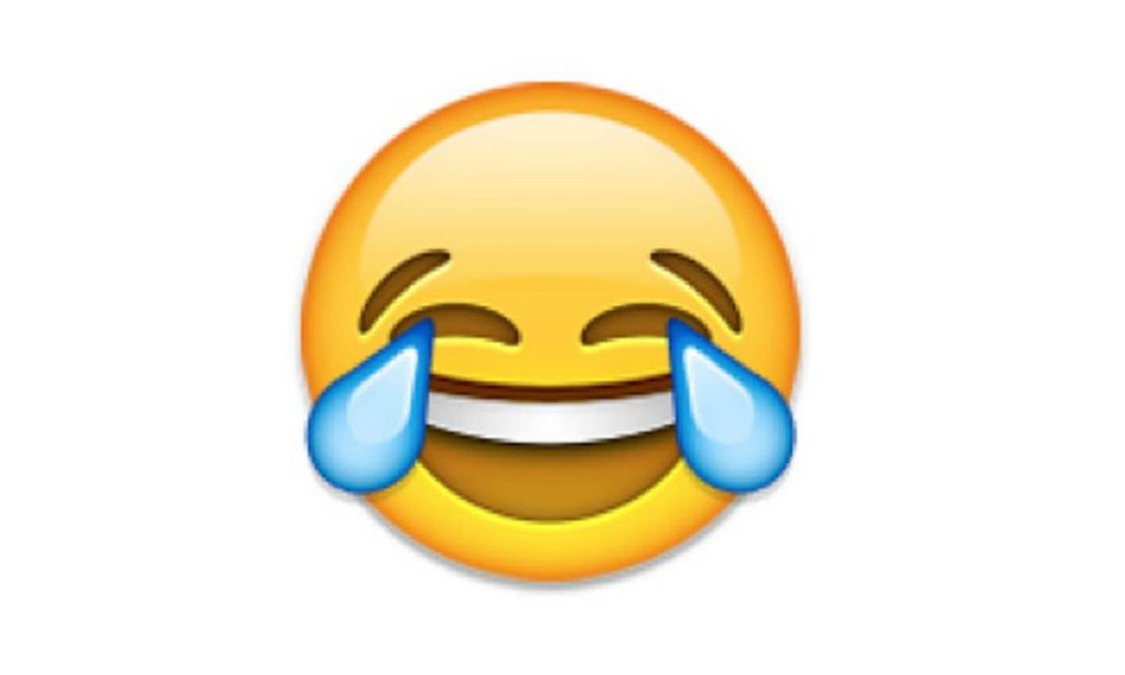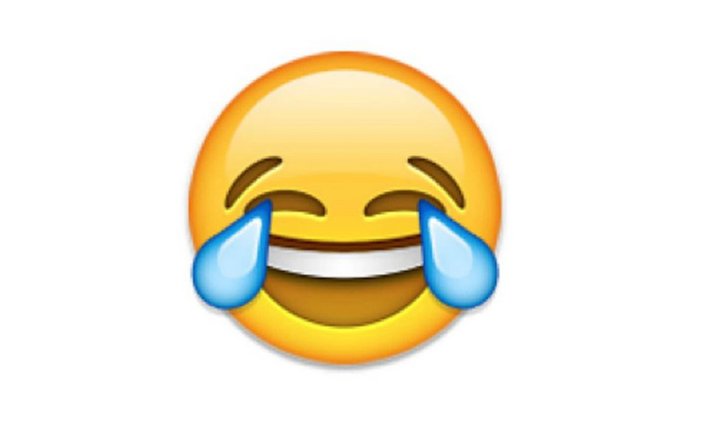

Cambridge Dictionary has added over 6,000 new words in the past year, many inspired by Gen Alphas (people born in the 2010s) on TikTok. Gen Zs (post-millenials born between 1997 and 2012) also get the credit/blame for some new words. Among the new words that were released on Aug. 18: skibidi, delulu, tradwife and broligarchy.
Skibidi is a slang term that has different meanings, such as cool or bad, or no real meaning at all, as a joke. It was coined by Alexey Gerasimov, the creator of a viral animated video series, “Skibidi Toilet,” on YouTube. Most of the videos show toilets with the heads of grown men spinning and talking while singing songs.
Used it in a sentence, one might ask, “What the skibidi are you doing?” or complain, “that wasn’t very skibidi rizz of you.” (“Rizz” was the Oxford University Press’s 2023 Word of the Year. It comes from the word “charisma” and can also be used as a verb meaning “to charm or seduce.”)
Delulu is short for delusional. It can mean believing things that are not real or true, usually because you choose to.
Tradwife, short for traditional wife, describes a married woman who stays at home and raises her children.
Coming from a pre-millenial demographic, I was bussin’ to know the meaning of a couple of the new words. “Broligarchy” combines “bro” and “oligarchy” and describes the mutual admiration society of wealthy men who wield significant power. And a “mouse jiggler” is a device or software that simulates mouse movements to prevent a computer from going into idle mode. They are used by remote workers and online students to keep their online status as “active,” even if they’re chilling.
Some of the slang words that my generation appropriated are “right on,” “bummer” and “far out.” A good/bad/ugly headline for that would have been, “The groovy, the finky, and the grody.”
Word of the year
Along with the Cambridge list of new words, which was released this week, we also like to keep track of the Oxford Word of the Year, which will come out in December.
In 2024, “brain rot” was named the Oxford Word of the Year. According to Oxford University Press: “Brain rot” is defined as “the supposed deterioration of a person’s mental or intellectual state, especially viewed as the result of overconsumption of material (now particularly online content) considered to be trivial or unchallenging. Also: something characterized as likely to lead to such deterioration.”
The first recorded use of “brain rot” was found in 1854 in Henry David Thoreau’s book “Walden”: “While England endeavors to cure the potato-rot, will not any endeavor to cure the brain-rot, which prevails so much more widely and fatally?”
After worldwide discussion and over 37,000 votes by language lovers, “brain rot” was named the Word of the Year for 2024. The term had increased in usage frequency by 230% between 2023 and 2024, as it has taken on new significance as an expression in the digital age.
Other Words of the Year:
2012 - GIF
2013 Selfie
2014 Vape
In 2015, the cry-laugh emoji was the Word of the Year. That was controversial. Some argued that an emoji is not a word, while others argued that there were other emojis out there that are much more deserving of the honor, such as the eggplant.
Banished words
New words are added to dictionaries all of the time. Lake Superior State University releases its list of Banished Words every year on New Year’s Eve and for 2024 “rizz” was on their list of words and phrases that are out of style or overused. “Skibidi” made the 2025 list.
If you’re thinking this column has gone on too long and it’s time for me to get to the point – or just be quiet – Gen Alpha has a phrase for that: “Just put the fries in the bag, bro.”
I’ll just say, “Peace out.”





